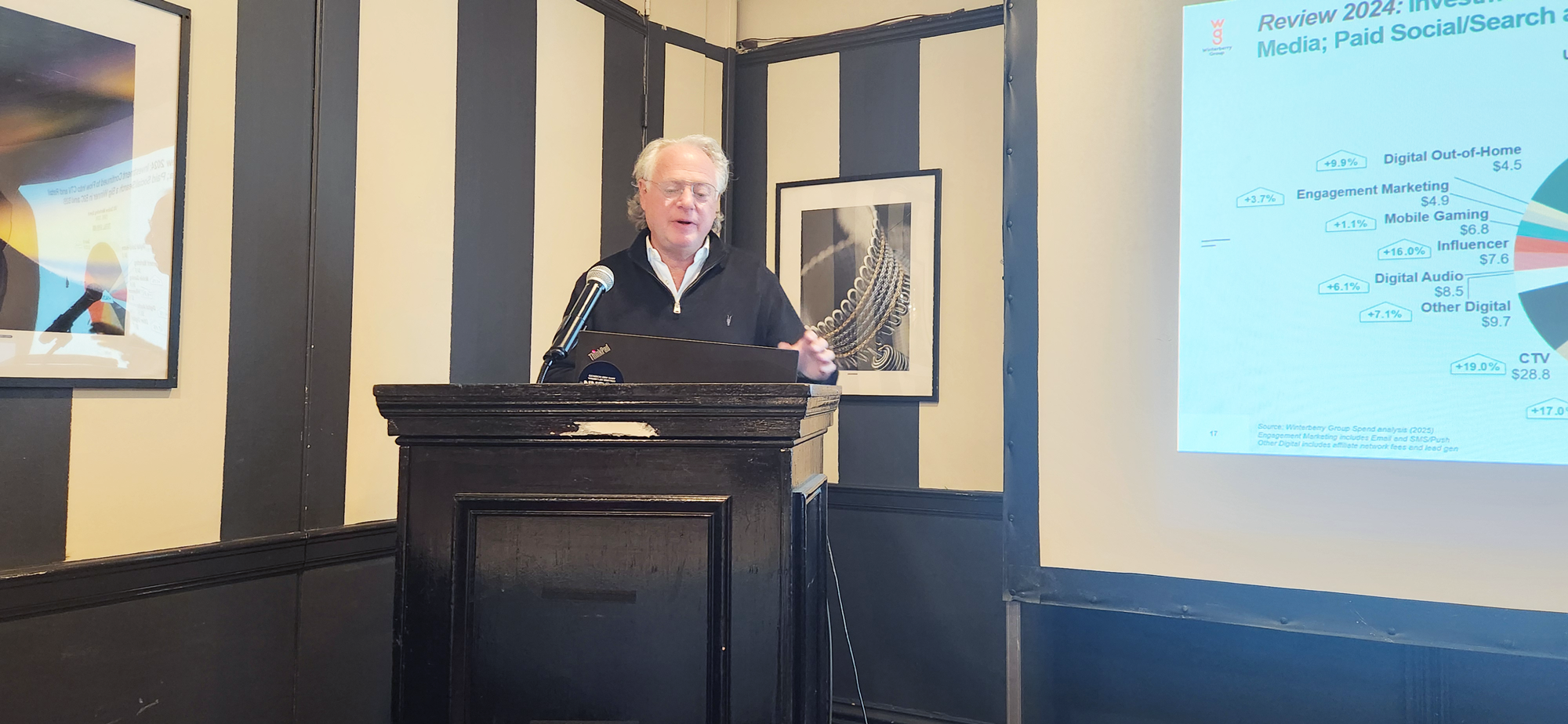

Provocateur:
Marketers around the world face many of the same challenges in working with data. Wouldn’t it be nice if we could all operate under one single international law in this regard? Wouldn’t life be easier? It would. This is why some companies have taken the sensible route of applying GDPR as an international privacy policy, understanding that doing so should cover much of the legislation coming next year.
If your company hasn’t done so, now is the time to reconsider GDPR and the wider privacy legislation options around the world. It’s already been 18 months since the launch of GDPR and the full impact is still uncertain. And on January 1, 2020, the new California Consumer Privacy Act (CCPA), which is similar to GDPR, will become law.
Allow me to put my cards on the table: I support the concept of GDPR. The main issues holding it back are complexity and misunderstanding. Some people roll their eyes at the thought of having to wrestle with GDPR’s many stipulations. The lack of understanding means that GDPR is applied begrudgingly or not at all when, instead, companies — especially their marketing leaders — should embrace it. And so should their partners.
Trade show and conference organizers across the U.S., for example, should offer all EU citizens who are attendees a GDPR-compliant experience when visitor badges are being scanned. If that’s not available, then they shouldn’t be scanned at all. Obviously, the latter is crazy; but it does mean old-fashioned lead retrieval scanners are dinosaurs and need to be updated.
Data privacy no excuse for poor service
I embrace GDPR because I expect good customer service and rave about it when I receive it. How frustrating to do business with companies that, each time you contact them, don’t use any of the institutional knowledge they have about you to improve the experience. And it makes me scream when these same companies trot out data privacy as an excuse for operating this way. I’d actually prefer a ‘right to be remembered’ to avoid all this nonsense.
The key to much of this from a marketing point of view is having a robust preference center. There are many customer communication options available today, so remember to include your customers’ preferred channels. Also, be sure to include clear and easy ways to handle customers’ data access requests and their right to erasure.
Done right, customer-contact preference centers as easy to manage as a contact profile on your CRM system, with inputs predominantly coming from three main areas:
1. Inbound web traffic
2. Email programs
3. Sales teams’ mobile device data capture
You might be surprised by the mention of your sales teams’ mobile devices as part of this program. This applies to B2B organizations, as well as B2C businesses that use consultative selling or include marketing activities such as events for lead generation. This is a largely overlooked aspect of data management; a great deal of personal contact data is stored on salespeople’s mobile devices without any “permissioning” in place. This can cause huge legal problems due to noncompliance.
Hire a data protection officer, aka data enhancement manager
It’s possible for companies to embrace GDPR in a positive, sales-supporting way. Start by appointing a data protection officer (DPO). That title smacks of enforcement, though, so consider a more friendly title, such as data enhancement manager. Regardless of title, who you choose is critical. Their role is to educate, encourage, and show tangible benefits of an opt-in program for all customers and prospects, not to be an “enforcer.”
After you assign a DPO, it’s time to:
- Create a single, profiled view of the customer
- Integrate marketing automation, social media, and contact center systems feeding back into a central CRM solution
- Add mobile devices as part of the system
Far too many companies are still paying lip service to GDPR and similar laws around the globe. Often, this is due to ignorance or the lack of in-house expertise. By implementing marketing and sales processes that conform to GDPR privacy laws, your organization will deliver a positive customer experience that respects the privacy of today’s modern buyer. This will enable you to create a healthy pipeline to boost 2020 and beyond.

About the Author
Peter Gillett is CEO of Zuant, where he’s responsible for driving product development and client roll-outs of the company’s mobile lead capture app. He is also CEO of Marketpoint Recall, a global recall and crisis management company.
Gillett is a serial entrepreneur. He created the world’s first web-based CRM system in the 1990s, funded by Lucent Technologies. In 2010, Gillett launched the first CRM applications for the iPad. In 2017, he was voted one of the 40 Most Inspiring People in Sales Lead Management by his peers.
Contact him at Pete@Zuant.comor or on LinkedIn.








